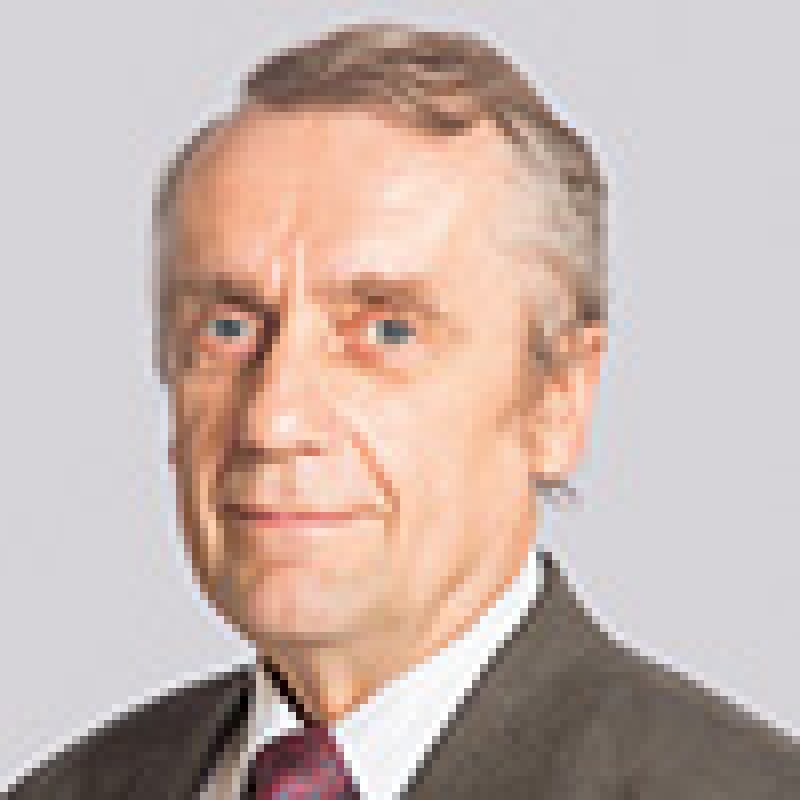After filing a patent application, 18 months elapse before the application is published. After receiving a request for substance examination, the patent office starts the examination procedure. There may be cases where the application concerns questionable scientific substantiation of technical results on which the claimed invention is based.
This was the case in a patent application for "A Method of Treatment and Prophylaxis of Complications in Diabetic Patients". The patent application was examined and the grant of a patent was refused by the examiner. The applicant appealed the decision of the patent office to the Chamber of Patent Disputes. The chamber noted that the technical result according to the invention was improving efficiency of treatment and prophylaxis of complications in diabetic patients. According to the documents on file, improvement of treatment and prophylaxis concerned Type 2 diabetes.
It should be noted that the claimed technical result (improvement of efficiency of treatment) presupposes comparison of results of a method with the closest prior art. Efficiency of treatment is characterised by important criteria, such as convalescence, longevity, quality of life, frequency of complications and other factors.
This leads to the conclusion that it is possible to judge about efficiency of treatment only on the basis of comparison with authentic groups of patients which should be present in documents on the application file.
The Chamber of Patent Disputes examined the documents on file and the appeal and found that the applicant produced data obtained in experiments on rats with experimental alloxan and streptozotocin diabetes to support the attained technical result. The rats took water treated according to the invention and another control group drank ordinary non-treated water. No sugar reducing therapy was used in both cases, as a result of which data was obtained showing that in the case of alloxan diabetes there was no substantial reduction in glucose level while in the case of streptozotocin, the glucose level did not change at all. The level of glycolized haemoglobin became lower in both cases.
The obtained results on lowering glycolized haemoglobin in rats cannot be directly used for patients suffering from Type 2 diabetes because alloxan and streptozotocin diabetes are models of a different pathology, i.e. Type 1 diabetes develops for different reasons from Type 2 diabetes.
During examination of the patent application, the patent office sent an enquiry to the Russian Academy of Sciences seeking to clarify whether realisation of biological effects of mineral water treated by a specific method was possible according to the method disclosed in the patent application.
The Academy of Sciences studied the issue and produced a report on the technical solution according to the controversial application.
It was pointed out in the report that it is recognised by the world of science that water does not have long-term memory of past mechanical, magnetic and electromagnetic influence or substances dissolved in it. There is no basis whatsoever to conclude that a molecular matrix exists in water which could serve as a long-term memory of influence on water. The mechanisms of realisation of biological effects of the treated mineral water remain unclear and are not supported by the results of experimental and clinical tests. The patent application concerning efficiency of treatment and prophylaxis of complications of diabetic patients is based on the unsubstantiated effect of enhanced biological activity of water with a degree of mineralisation 0.5 – 0.8 g/l. treated by electromagnetic radiation and a constant magnetic field. The claimed result does not comply with Russian and foreign investigation results concerning mechanisms of development of Type 1 and Type 2 diabetes which would clarify fundamentals of the disease and causes of development of vascular complications. Besides, the documents on file have no convincing evidence that the treated mineral water is effective when it is included in complex therapy in the case of diabetes.
Hence the expert commission of the academy confirmed the result of the patent examination which stated that the claimed effect is not achieved.

|
Vladimir Biriulin |
Gorodissky & PartnersRussia 129010, MoscowB. Spasskaya Str25, stroenie 3Tel: +7 495 937 6116 / 6109Fax: +7 495 937 6104 / 6123pat@gorodissky.ru www.gorodissky.com










